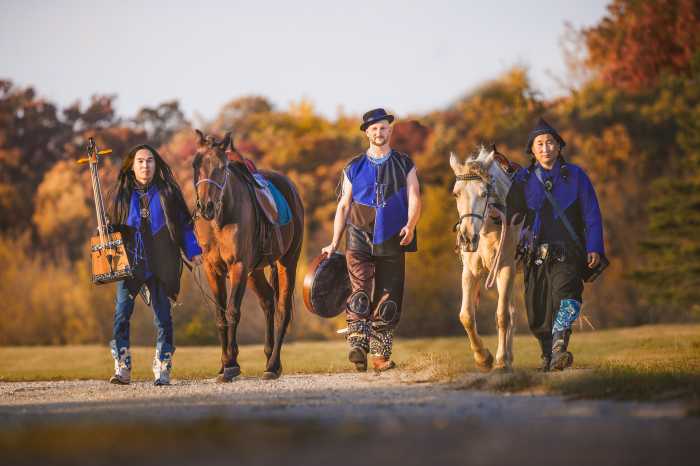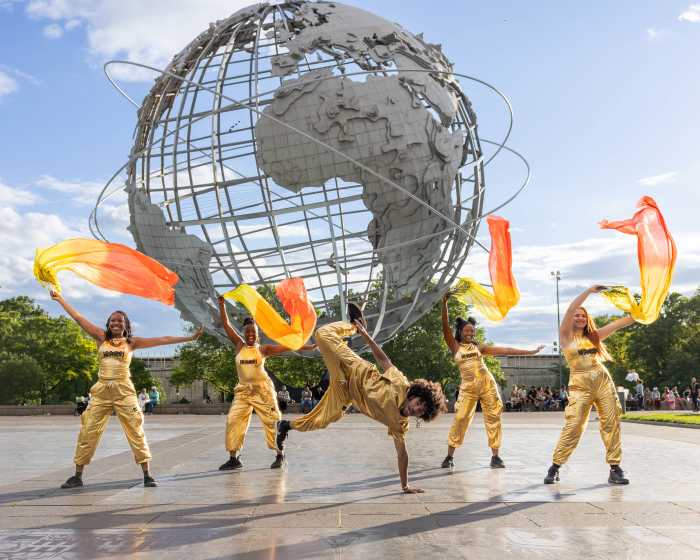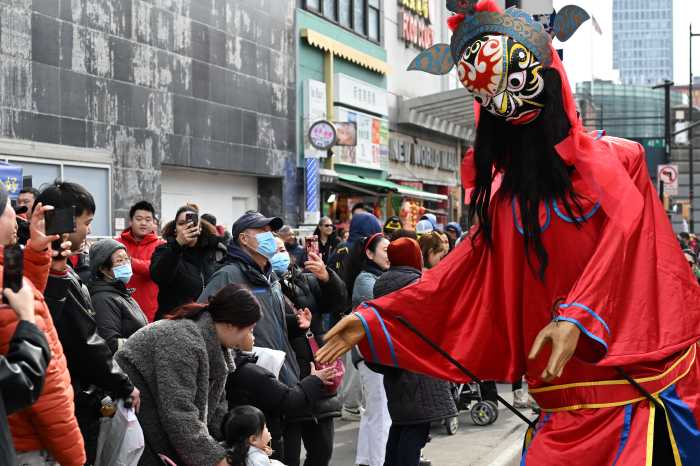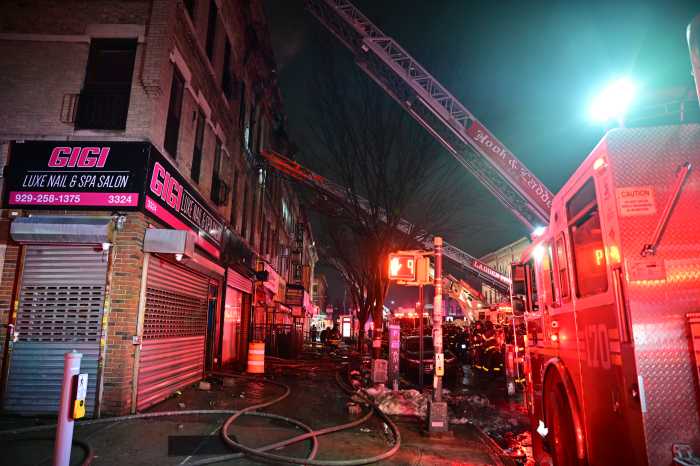By Louie Lazar
On the narrow streets of Kathmandu, the name “Phiroj Shyangden” is more recognizable than that of Bob Seger or Cat Stevens, legendary rockers who have both written songs about this exotic city, located less than 100 miles from Mount Everest.
As lead guitarist and vocalist of 1974 A.D., the popular band whose concerts have packed stadiums and caused traffic nightmares throughout Nepal since the mid 1990s, Shyangden – with his pierced eyebrow and patented dark sunglasses obscured by wavy black bangs – could rarely surface in public without being hounded for autographs or irritated by gossip-like whispers.
But such hassles no longer plague Shyangden, who continues to sing his hits, albeit from a less glamorous platform: The Himalayan Yak, a restaurant in Jackson Heights thats web site proudly declares, “Good news for all yak meat lovers: We now have yak meat on our menu.”
Three years ago, Shyangden sang and played guitar to the roars of thousands. These days, the closest thing to a roar during his performances is when the No. 7 train thunders across the elevated tracks above Roosevelt Avenue.
“To be honest, sometimes I feel very embarrassed playing here,” admitted Shyangden. “Sometimes I have to play in front of two tables, in front of three people, instead of playing in front of 50,000 people. But I have to do it. This is for my bread and butter.”
Shyangden, 45, is one of several household names in Nepal who have traded the limelight for better financial opportunities in America.
It’s an immigrant narrative with a peculiar twist: celebrity musicians and actors from a faraway land abandoning their fame and ending up among their fans and fellow countrymen in a neighborhood in Queens. The dynamic, however, often leaves “regular” Nepalese-New Yorkers surprised to find such well-known artists living, working, and in many cases struggling, right alongside of them.
In Nepal, an underdeveloped, landlocked country scrunched between China and India, Shyangden said he would typically earn just 20,000 rupees (approximately $244) for large concerts and as little as 2,000 rupees, or $24, for small shows. He also worked as a grammar school music teacher, although that job similarly paid “very little.”
“It was very hard to support my family in Nepal,” said Shyangden, who departed for New York in 2009 while his wife and teenage daughter remained in Kathmandu.
Once in New York, he met two Nepalese immigrants who had been playing a regular gig at The Himalayan Yak – Rajesh Khadgi, 38, an eccentric, eternally-headbanging former drummer of “Robin and the New Revolution,” one of Nepal’s best-known bands, and Prazwal Bajracharya, a pony-tailed, soft-spoken 30-year-old computer networker who had belonged to an underground Kathmandu band called “Lithium.”
Blending traditional Nepali Folk music with modern genres of Rock and Roll, Blues and Jazz, the trio performs several nights a week at the restaurant, which draws a predominantly Nepalese crowd.
Each morning, Shyangden awakes at 8 a.m. and calls his wife and 14-year-old daughter in Kathmandu. He spends his days practicing guitar, composing songs and discussing music and life with his band-mates over tea at a Bangladeshi café. To supplement his income from The Himalayan Yak, Shyangden also gives private guitar lessons to Nepalese children.
Shyangden hopes for his family to join him “in the near future,” but “it is a very long process,” he laments, one that “requires a lot of money.” Still, his combined wages from singing and teaching are far greater than what he earned in Nepal, which helps his family.
The Himalayan Yak is at the heart of Queens’ South Asian cultural hub, with the colorful commercial strip of “Little India” just around the corner.
Against this backdrop on a recent Thursday night, Shyangden and his band played an acoustic show in front of a crowd of about 15 people. Shyangden said he “loves playing” at the restaurant, even if, at times, the miniscule crowds challenge his ego.
“Every time I hear him play, my energy, my vibe, gets better,” beamed one of the few spectators, Xlabia Khadka from Kathmandu, who now lives in Jackson Heights. “Whenever I come here, half of my stress just goes away.”
“When I first came to New York, I said, ‘What the hell is Phiroj Shyangden doing here, playing in this restaurant?,’” said Khadka’s friend, Mohan Poudel, 23. “I knew him as a star. But that’s the New York life. He’s trying to survive, just like us.”

































